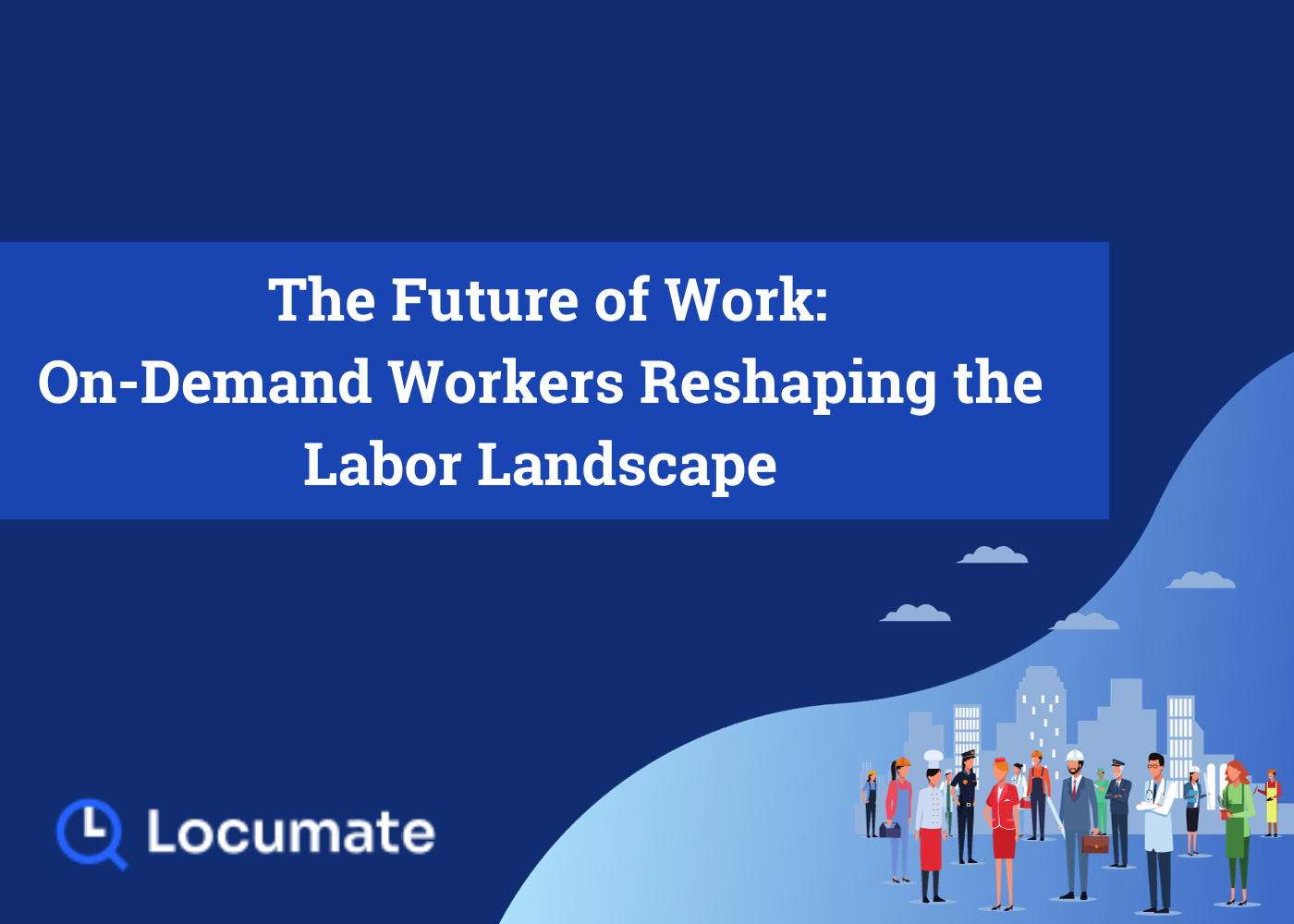In recent years, the nature of work has been evolving rapidly, driven in large part by technological advancements and shifting societal attitudes towards traditional employment structures. One prominent facet of this transformation is the rise of on-demand or gig workers, fundamentally altering how individuals engage with work and how businesses operate. This article explores the emergence and impact of on-demand workers, shedding light on their role in shaping the future of work.
The Rise of On-Demand Workers
On-demand work, often referred to as the gig economy, encompasses a diverse range of work arrangements where individuals provide services on a temporary or flexible basis. Enabled by digital platforms and mobile applications, on-demand work spans various sectors, including transportation (e.g., Uber, Lyft), accommodation (e.g., Airbnb), freelancing (e.g., Upwork, Fiverr), and more.
The appeal of on-demand work lies in its flexibility and accessibility. Individuals can choose when, where, and how much they work, aligning their employment with personal preferences and circumstances. This flexibility is particularly attractive to students, freelancers, stay-at-home parents, or those seeking supplemental income. Moreover, the gig economy allows workers to diversify their skill sets, gain experience across multiple industries, and enjoy a better work-life balance.
Impact on Traditional Employment
The rise of on-demand workers has disrupted the traditional employer-employee relationship. Many individuals are opting for gig work over conventional jobs due to the perceived freedom and autonomy it offers. This shift is prompting businesses to reevaluate their hiring practices, compensation models, and workplace policies to stay competitive and appealing to modern workers.
Companies are increasingly leveraging gig workers to enhance their agility and scalability. On-demand workers can be swiftly deployed during peak demand periods, ensuring companies can meet customer needs without maintaining a large, fixed workforce. This approach optimises labor costs and enables companies to adapt more efficiently to market fluctuations.
Challenges and Concerns
While the gig economy presents opportunities, it is not without its challenges. On-demand workers often lack the traditional benefits and protections associated with standard employment, such as health insurance, retirement plans, and paid leave. This raises concerns about financial stability, social security, and the long-term well-being of gig workers.
Additionally, the gig economy can exacerbate income inequality. Earnings for gig workers can vary significantly based on demand, location, and the specific platform they work on. Some may struggle to earn a sustainable income, leading to financial insecurity and limited access to essential services.
Regulation and Future Outlook
As the gig economy continues to grow and reshape the labor landscape, governments and policymakers are grappling with how to regulate it effectively. Balancing the need to protect workers while fostering innovation and entrepreneurship is a delicate task. Proposed regulations often aim to strike a balance by providing certain rights and benefits to gig workers without stifling the flexibility and innovation that defines the gig economy.
In the future, we may witness a hybrid model that combines the flexibility of gig work with some of the protections associated with traditional employment. Initiatives like portable benefits, which would allow gig workers to accrue benefits across multiple employers, are being explored to address some of the challenges faced by gig workers.
Conclusion
The rise of on-demand workers and the gig economy is transforming the nature of work, challenging traditional employment models and prompting a reconsideration of labor regulations. While it offers newfound flexibility and opportunities, addressing concerns related to job security, income stability, and worker protections remains crucial.
The future of work is likely to be a blend of traditional employment and on-demand arrangements, striving to strike a balance that benefits both workers and businesses. As the gig economy continues to evolve, it will be essential to find innovative solutions that foster a fair, inclusive, and sustainable work environment for all.

